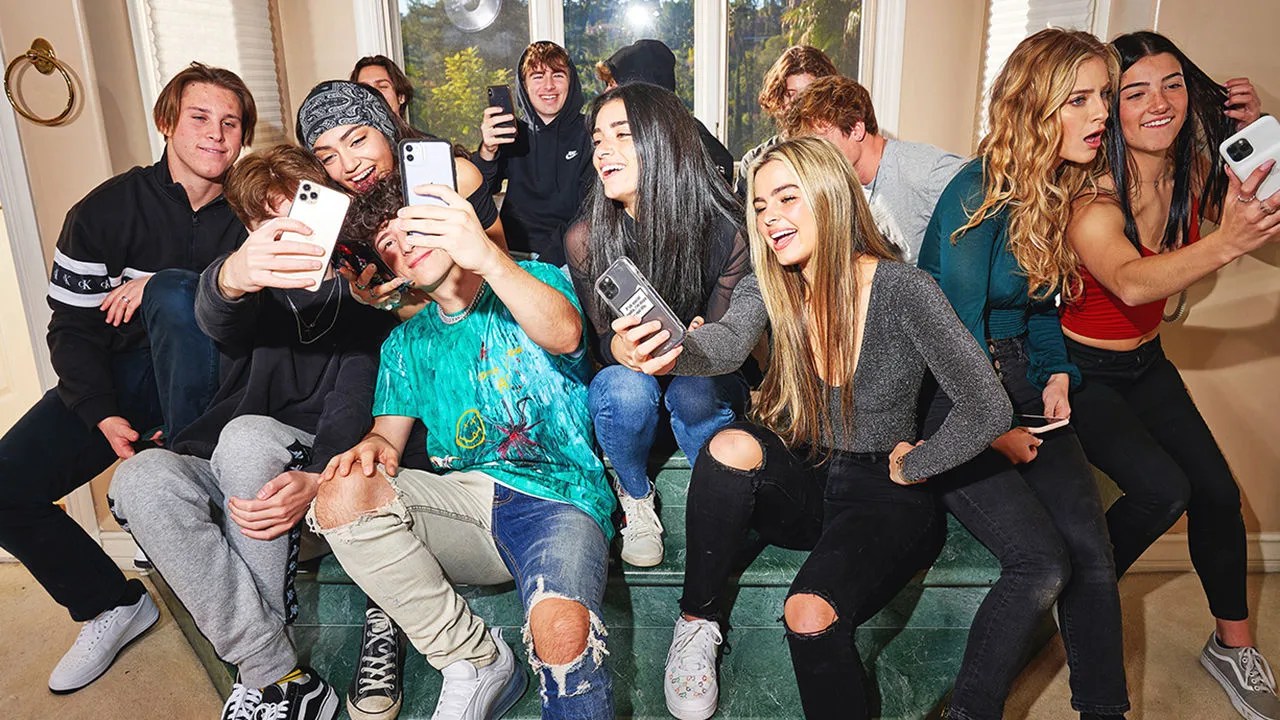The digital landscape, once a frontier of boundless opportunity for individual expression and connection, has seen the meteoric rise of "influencers" figures whose digital footprints shape trends, consumer choices, and public discourse. Yet, beneath the curated perfection and aspirational narratives, a darker, often unscripted reality has emerged. Reports and public outcry have increasingly pointed to instances of influencers exhibiting behaviors best described as "gone wild," forcing a re-evaluation of authenticity, ethics, and the very foundation of digital celebrity. This phenomenon has sparked widespread debate, prompting questions about accountability, the pressures of online fame, and the responsibilities inherent in wielding significant digital influence.
Editor's Note: Published on June 11, 2024. This article explores the facts and social context surrounding "did you know this about influencers gone wild the shocking truth revealed".
The Genesis of Discontent
The journey from relatable content creator to controversial figure is often gradual, marked by a series of escalating missteps or a sudden, dramatic fall from grace. Initially, the allure of influencer marketing stemmed from its perceived authenticity; consumers trusted recommendations from individuals they felt connected to. However, as the industry matured and financial stakes grew, the line between genuine endorsement and paid promotion began to blur. Early warning signs of influencers "going wild" often manifested as a perceived sense of entitlement, a detachment from the realities of their audience, or a disregard for ethical guidelines in pursuit of engagement or profit.
Instances of undisclosed sponsorships, questionable product endorsements, or public displays of extravagant wealth became increasingly common. These actions, initially met with mild criticism, slowly chipped away at the foundational trust between creators and their followers. The pressure to maintain a constant stream of engaging content, often combined with the financial incentives of a burgeoning industry, sometimes led to impulsive decisions or a lapse in judgment, paving the way for more significant controversies.
"The inherent paradox of influencer culture is the constant demand for authenticity in an inherently performative space. When that tension breaks, the consequences can be swift and severe, often revealing a stark contrast between image and reality." Dr. Eleanor Vance, Digital Ethics Researcher.
Unmasking the Reality
The phrase "influencers gone wild" encapsulates a spectrum of conduct, from minor ethical breaches to outright fraudulent activities and deeply disturbing personal behavior. Recent years have seen numerous high-profile cases where the carefully constructed facades of online personalities crumbled, revealing a "shocking truth" often starkly at odds with their public image. Investigations have frequently uncovered instances of influencers engaging in elaborate scams, promoting harmful or non-existent products, orchestrating fake charity events, or exhibiting toxic behavior towards peers and followers.
Moreover, the truth revealed often extends beyond commercial misconduct. Allegations of bullying, public harassment, or the manipulation of vulnerable audiences for personal gain have surfaced, shaking the public's perception of these digital stars. In some cases, personal lives, once shielded by carefully curated content, have been exposed through leaked messages, unedited videos, or testimonies from former associates, painting a picture of arrogance, deceit, or a profound lack of empathy. The verification of these claims, often through journalistic investigations and public aggregation of evidence, has played a crucial role in dismantling the myths surrounding certain influencers.

